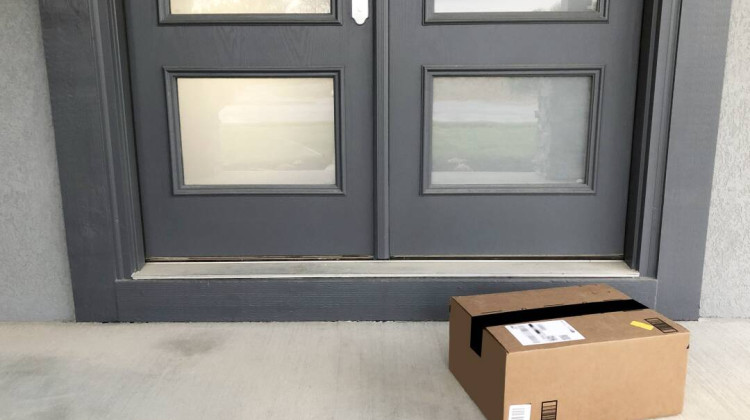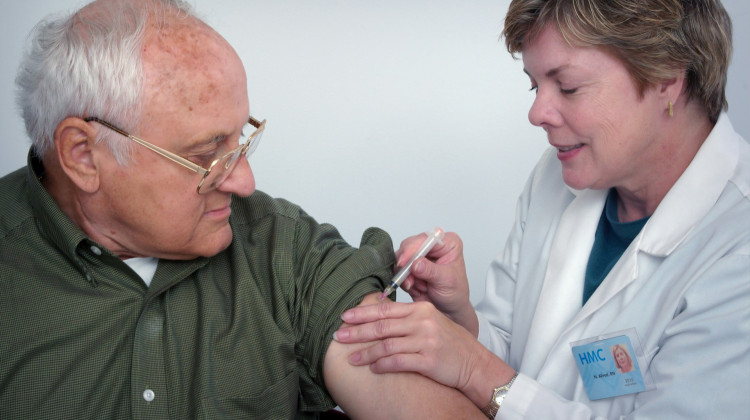
Fairbanks School of Public Health leaders say Indiana remains the only state in the country that has done random sampling of people statewide in a COVID-19 study.
Screenshot of Zoom callMore than 10 percent of Hoosiers – more than 700,000 people – have been infected with COVID-19 at some point.
That’s according to the latest update from the Fairbanks School of Public Health’s statewide COVID-19 study.
Nir Menachemi leads the study. He said the percentage of Hoosiers ever infected jumped more than 35 percent in just the last month and a half.
“And we have evidence to suggest that an increase in infections among younger Hoosiers quickly translates into more infections – and thus more deaths – among older Hoosiers,” Menachemi said.
Some people – who refuse to listen to health experts – have long called for states to lift all restrictions and ignore COVID-19 precautions in order to establish “herd immunity.” But Menachemi said herd immunity would require 70 percent of Hoosiers to be infected.
“An additional 13,000 Hoosiers – and that doesn’t include the Hoosiers currently in nursing homes – would lose their lives,” Menachemi said.
READ MORE: Concerns Over Indiana's COVID-19 Response Haven't Changed, Even After 5,000 Deaths
More than half of Indiana deaths from COVID-19 come from nursing homes.
Contact reporter Brandon at bsmith@ipbs.org or follow him on Twitter at @brandonjsmith5.
 DONATE
DONATE







 Support WFYI. We can't do it without you.
Support WFYI. We can't do it without you.